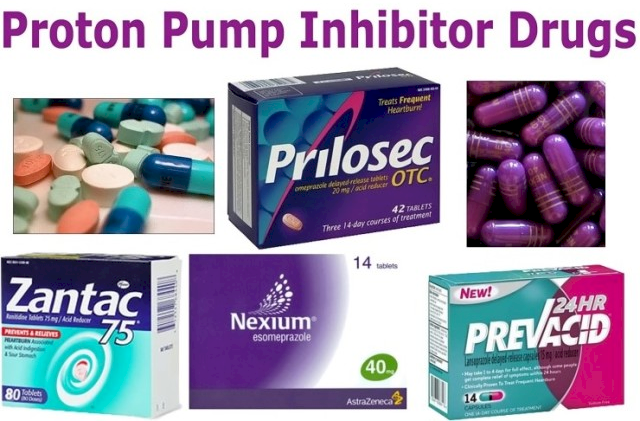Andy sent us this question: “I was put on omeprazole 40 MG Feb 9th for stomach issues I was having. I had an endoscopy Feb 12th that should a lot of inflammation from where the esophagus dumps into the stomach to the intestines. I was negative for H Pylori bacteria. I used a lot of NASAIDS so was told gastritis from that. A month later I did a food emptying test that was a little abnormal. Could the ppi cause the lazy stomach?”
Dear Andy,
PPIs may cause some delay in gastric emptying. It seems however that you have significant distal esophagitis indicating severe GERD. Up to 40% of GERD patients may have associated gastroparesis or delayed gastric emptying. Gastroparesis contributes to acid reflux disease and it further complicates the treatment approach. As you probably know PPIs only mask GERD related symptoms and are associated with several side effects when taken over long periods of time. If you suffer from severe acid reflux disease, medical treatment in the form of daily PPI intake may not be the optimal solution. Hiatal hernia repair and Nissen fundoplication surgery is the most reliable and most effective treatment for GERD. The surgery restores the anti-reflux barrier and when properly performed, it is associated with very high success rate as well as high safety profile.
I routinely add an antrum preserving longitudinal gastrectomy along the greater curvature to fundoplication surgery in case of concomitant gastroparesis. I have had great success alleviating delayed gastric emptying using this technique. Performing a Nissen fundoplication in the setting of moderate to severe gastroparesis results in significant post-operative patient discomfort. In certain instances, gastroparesis patients are mistakenly diagnosed with acid reflux and a fundoplication is offered. Recently, a patient presented to my office with severe abdominal pain, bloating, and dry heaving post Nissen fundoplication performed at an outside institution. I performed an upper endoscopy that showed an intact 360 degree wrap and extensive amount of solid food residue in the stomach. The patient was unable to vomit or belch due to the newly constructed fundoplication and because of gastroparesis her stomach was not emptying into the duodenum.
At Houston Heartburn and Reflux Center, we avoid such situations by carefully listening to patient symptoms and comprehensively evaluating the patient. I have developed a great procedure for gastroparesis. An antrum preserving longitudinal gastrectomy performed by itself or in conjunction with a fundoplication and hiatal hernia repair, if the patient suffers from a hiatal hernia and acid reflux, has resulted in complete symptom resolution. I have had success with 9 gastroparesis patients so far. I am carefully following these patients and hopefully I will be able to publish my experience in the near future.

